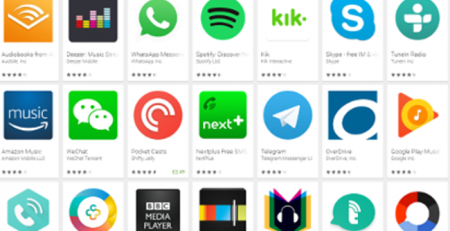London announced a T-charge from late 2017 for Euro 4 (EU4) vehicles, while Stuttgart banned Euro 5 too. Will London step u read more
Autumn Statement 2015: The highlights
His speech in the House of Commons was watched eagerly by many as Osborne revealed he will be scrapping his recent plan to cut tax credits.
Here are a number of other highlights from the speech.
Car Insurance reductions
The right to cash compensation for minor whiplash injuries will be ended in order to reduce the impact of false claims on insurance premiums. This is expected to give an average annual saving of £40 to £50 per motor insurance policy on to consumers.
Company car diesel supplements to remain
The existing diesel supplement in company car tax will remain until 2021.
Pothole fund
A new fund of £250 million over the next five years will be used to specifically target potholes.
Council Tax increases
Council Tax is expected to increase as local councils are allowed to add an extra 2% to help fund adult social care.
CGT on property sales payable within 30 days
From 1 April 2019 CGT on residential property will be payable within 30 days of completion. Currently CGT is payable 10 to 22 months after disposal.
Increased SDLT for second homes and BTL
Buying an additional residential property such as a second home or buy to let will be subject to a 3% surcharge on top of the current Stamp Duty Land Tax rates from 1 April 2016. For an average property in the UK priced at £186,553 this would be an additional £6,000. The tax raised will be used to support non-home owners to buy their own home.
Household energy bills to reduce
Reductions in household energy bills by reducing the impact of green policies. This is expected to save households an average of £30 on their annual bill.
Childcare
From September 2017 free childcare will increase from 15 hours to 30 hours a week for working families with three and four year olds. This will be subject to an upper income limit per parent of £100,000 and a minimum weekly income level per parent equivalent to 16 hours.
Digital Tax Accounts
All small businesses and individuals will have an individual digital tax account by 2016-17 and by 2020 most businesses, self-employed people and landlords will need to manage their tax affairs online and report quarterly to HMRC. This will not apply to individuals in employment or pensioners unless they have secondary incomes of more than £10,000 per year from self-employment or property.




